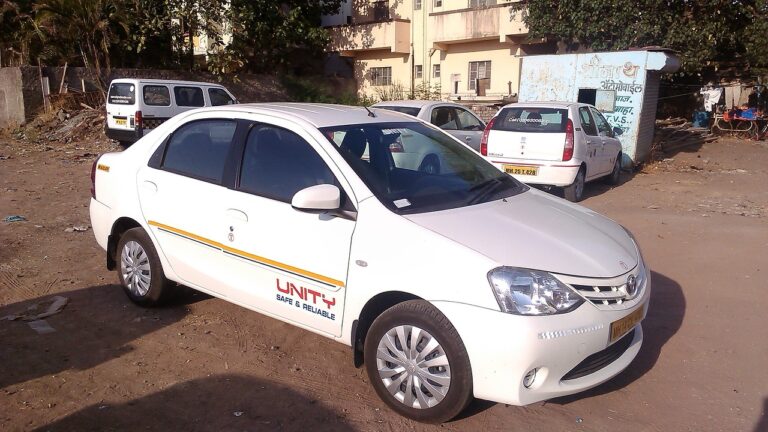Media Training for Engaging with Community Organizations: All panel.com, Cricket 99 betting app, Lotus365 login
all panel.com, cricket 99 betting app, lotus365 login: In the ever-evolving world of politics, effective communication is key. Politicians must be able to convey their message clearly and persuasively to gain support from the public. This is where media training plays a crucial role in shaping the way political figures communicate with the masses.
What is Media Training?
Media training is a process that helps individuals, including politicians and public figures, to effectively communicate with the media. It involves coaching on how to deliver key messages, handle tough questions, and navigate interviews with reporters. Media training also helps individuals to project confidence and authority in front of the camera or microphone.
The Importance of Media Training in Political Communication
In the fast-paced world of politics, media training is essential for political figures to effectively communicate their agendas and policies to the public. Here are some key reasons why media training is crucial in political communication:
1. Building a Strong Public Image: Media training helps politicians to craft a compelling narrative that resonates with the public. By learning how to effectively convey their message, politicians can build a strong public image and gain the trust of voters.
2. Handling Tough Questions: Politicians often face tough questions from reporters during interviews. Media training equips them with the skills to handle difficult questions confidently and steer the conversation back to their key messages.
3. Crisis Management: In the world of politics, crises can arise at any moment. Media training prepares politicians to handle crises effectively by providing them with the tools to communicate with the media and the public in a calm and composed manner.
4. Maximizing Media Opportunities: Media training teaches politicians how to make the most of media opportunities, such as TV appearances, radio interviews, and press conferences. By learning how to effectively communicate their message, politicians can maximize their media exposure and reach a wider audience.
5. Engaging with the Public: Effective communication is essential for politicians to engage with the public and garner support for their policies. Media training helps politicians to connect with the public on a personal level and convey their message in a clear and concise manner.
6. Enhancing Public Speaking Skills: Media training also focuses on enhancing public speaking skills, such as tone of voice, body language, and non-verbal cues. By mastering these skills, politicians can deliver powerful and persuasive speeches that resonate with the public.
In conclusion, media training plays a crucial role in shaping the way political figures communicate with the public. By equipping politicians with the skills to effectively convey their message, handle tough questions, and navigate media interviews, media training helps to build a strong public image, engage with the public, and maximize media opportunities. In today’s fast-paced world of politics, effective communication is more important than ever, and media training is a valuable tool for political figures to master the art of communication.
FAQs:
1. What is the role of media training in political communication?
Media training helps politicians to effectively communicate with the media, handle tough questions, build a strong public image, and engage with the public.
2. Why is media training important for political figures?
Media training is important for political figures to convey their message clearly, handle crises effectively, maximize media opportunities, and enhance public speaking skills.
3. How can media training help politicians handle tough questions?
Media training equips politicians with the skills to handle tough questions confidently, steer the conversation back to their key messages, and maintain control during media interviews.







